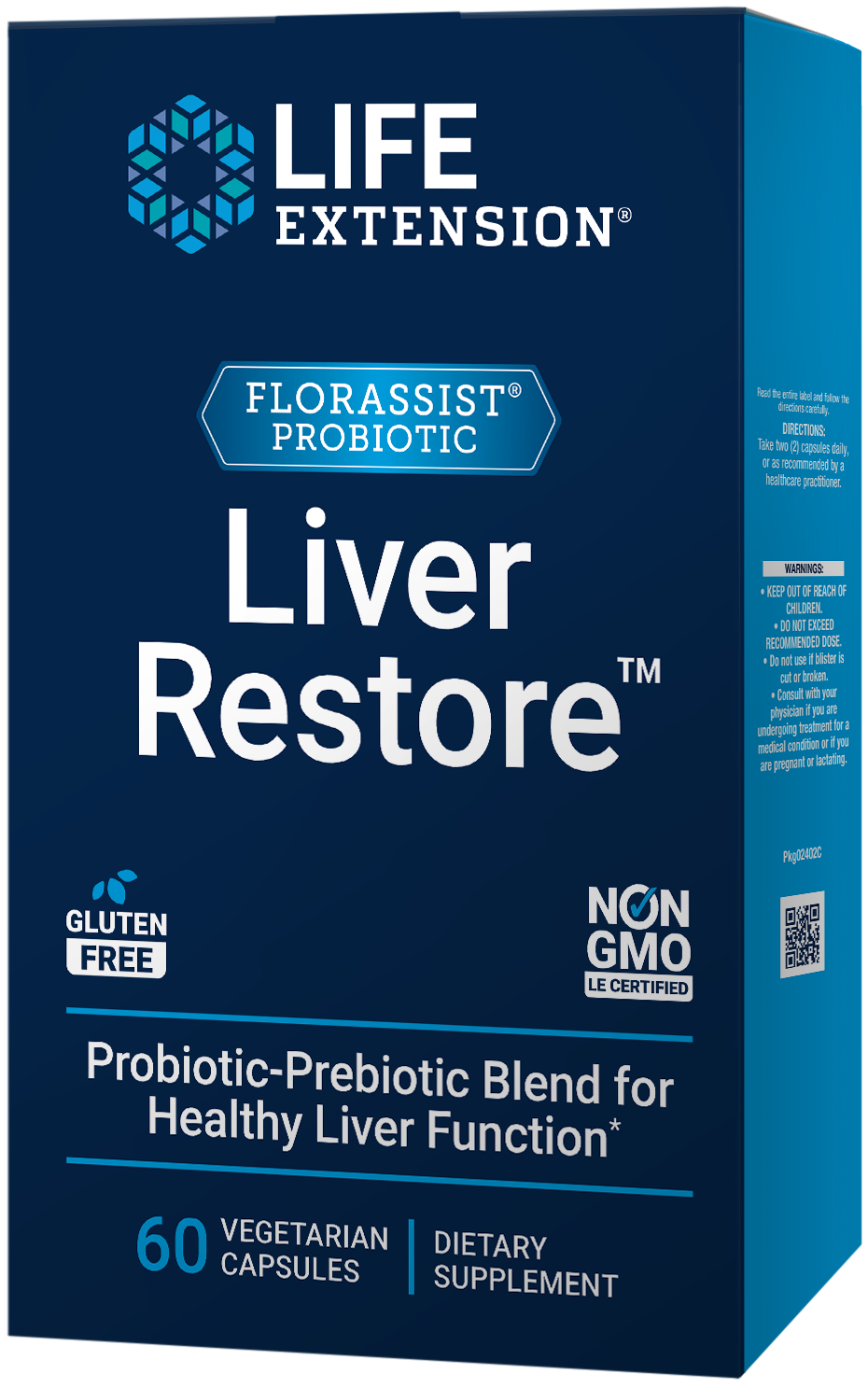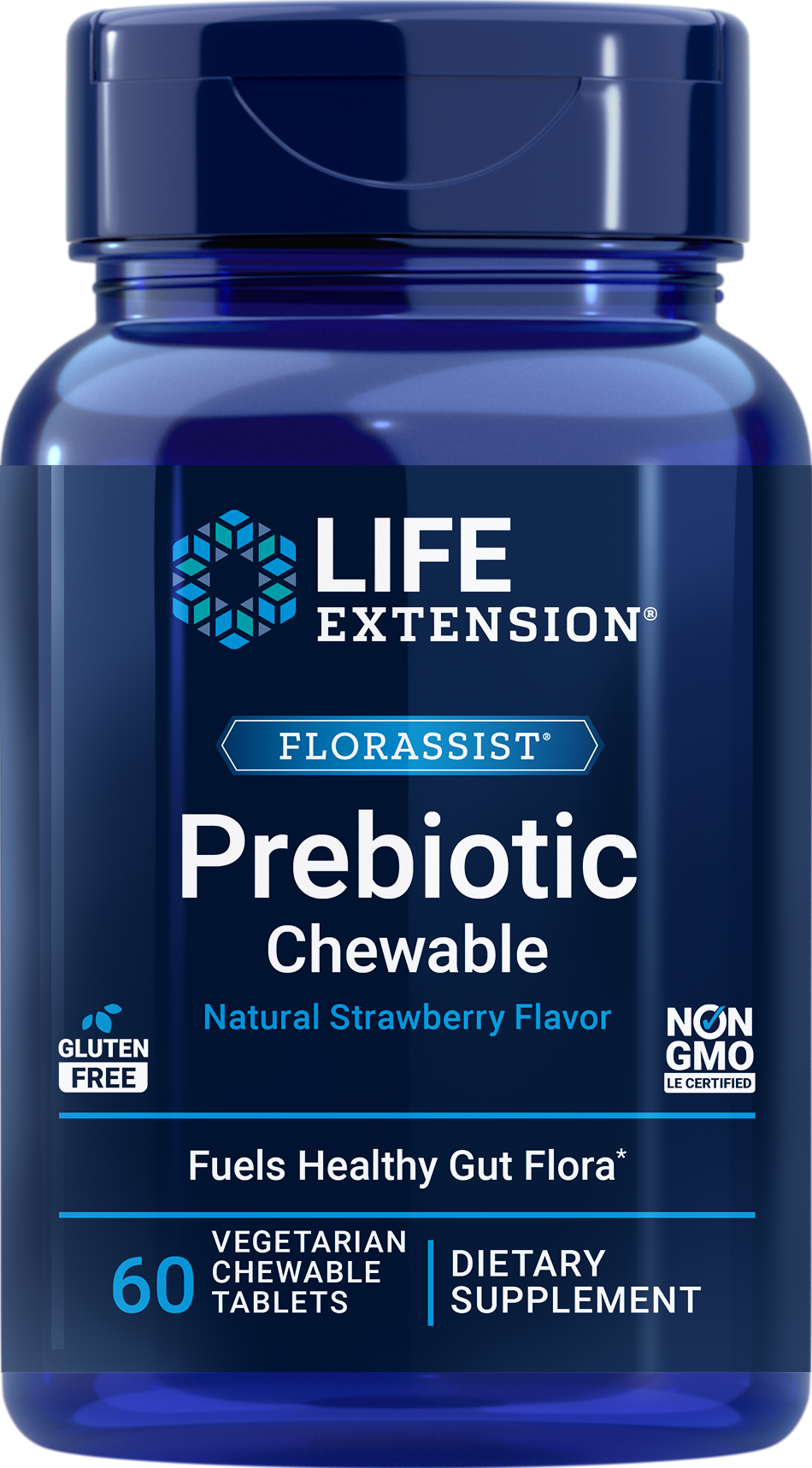
Prebiotics
Prebiotics nourish and support probiotic bacteria.
Consuming prebiotic supplements can aid in the maintenance of a healthy balance of gut bacteria by supporting healthy probiotic growth.
What Is Prebiotics?
- the most effective ranking pre-biotic nutrients are complex carbohydrate molecules
- optimal distribution of beneficial bacteria in the colon is essential to overall health
- assist in digestion and absorption of vital nutrients
- counter effects of ageing on digestive tract: frontline defence for immune system
- help with total-body immune system support
Prebiotics vs Probiotics
Probiotics are dietary supplements that contain billions of these and other “beneficial” bacteria in living form. They are ingested and eventually deliver beneficial bacteria into the colon, where they increase in number and amplify their health-promoting effects.
Prebiotics complement the action of probiotics. They are nutrients that support the growth of beneficial bacteria already residing in the colon.




